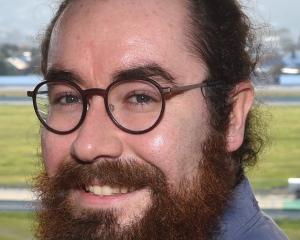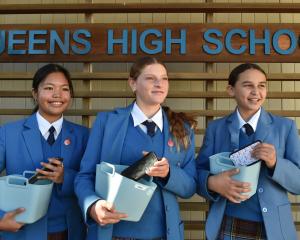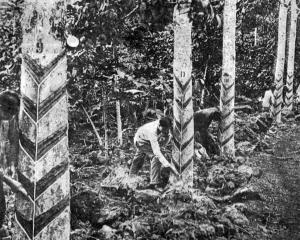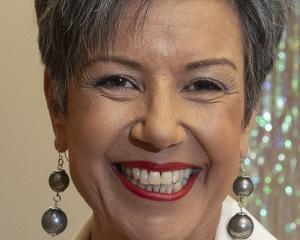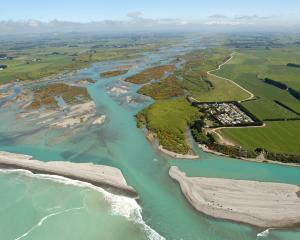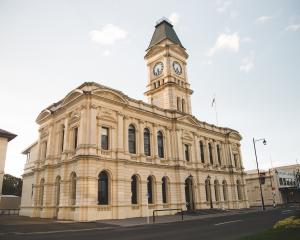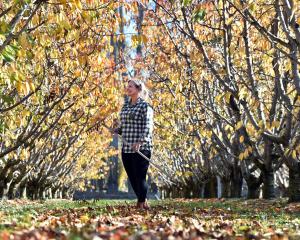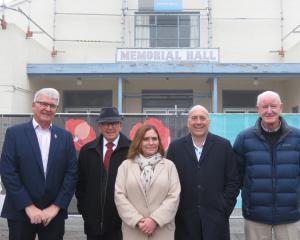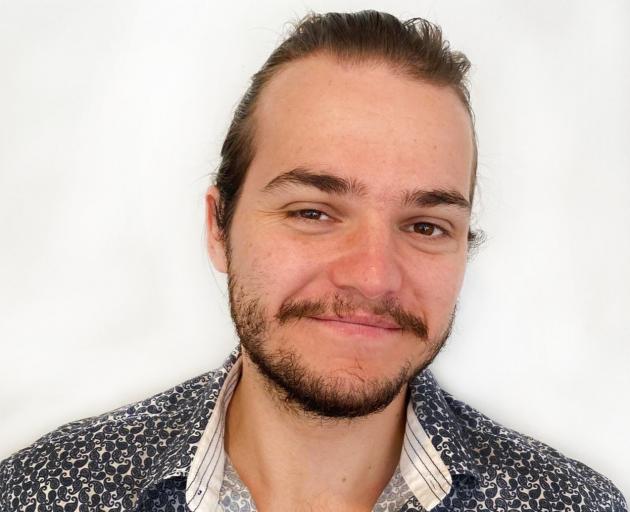

"It was special — it connected me more to my whānau, my tīpuna, to the whenua, to te taiao (environment) and to te ao Māori."
He credits his brother Alex for introducing his whānau to the specific tikanga (customs) and celebration of Matariki and for its influence on his work as a playwright.
"This piece came from the warmth my heart discovered on that day."
For Martyn it seemed the perfect time in his life to write the piece Matariki Ki Tua o Kā Whetū: Matariki of Endless Possibilities, commissioned for this year’s New Zealand International Science Festival.
"My understanding of Matariki blossomed in Te Wai Pounamu, and so it felt serendipitous that I should write a story of Matariki to be performed in Ōtepoti."
The challenge has been to bring the science of Matariki alive through the play.
"My experience of Matariki in the early morning of a frigid southern winter was very memorable. I was glad to warm my hands over the cooking kai. I felt closer to nature and, to me, science is the examination of the nature of our universe. So my story of Matariki and the world of science came together quite smoothly."
The story is based around a scientist and his family gathering in their garden to celebrate Matariki. While they wait for the sun to rise, they prepare a hāngī and share stories of their tīpuna.
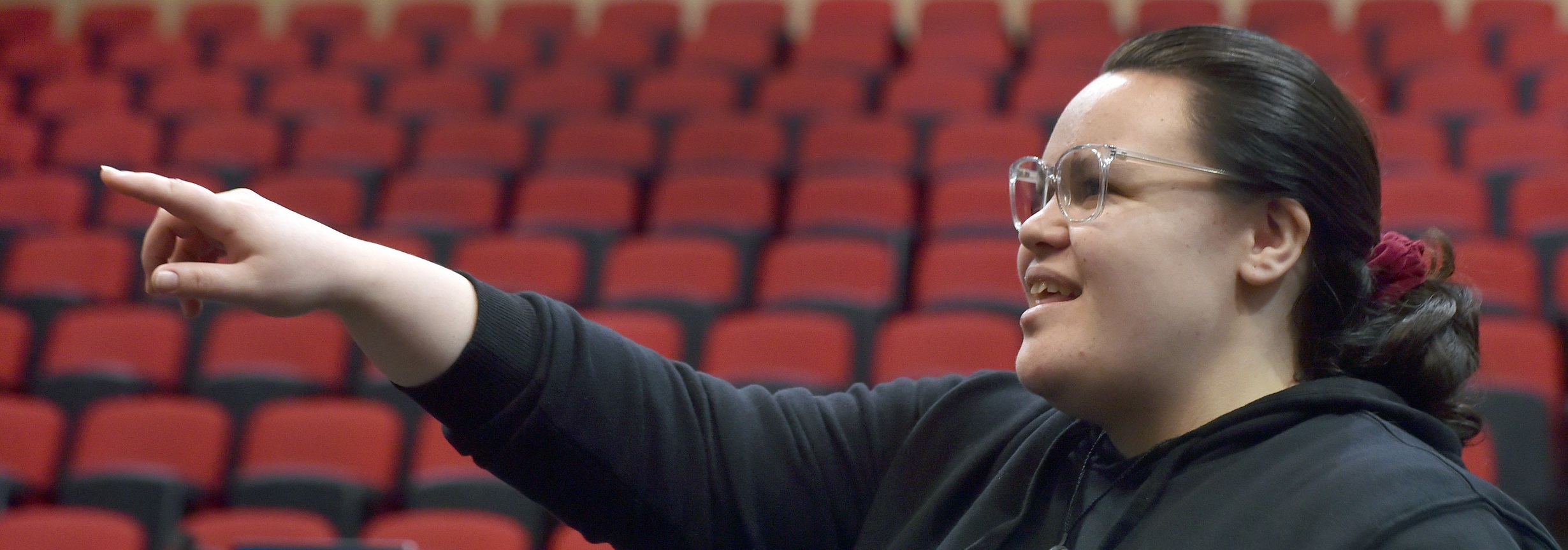
He describes writing the show as a joy as it enabled him to consider science not as separate to art and life experiences but as one.
"It honestly felt quite simple when considered from a Māori perspective. To me, mātauranga (knowledge) Māori is the knowledge of how our world works as Māori have always known it, and it is also tied in with the human experience, with our ngākau, our feelings and philosophies."
To him, joining science and theatre together, is natural.
"We light our stages with electricity; design, engineer and construct our theatres. Even the ability to perform to a large audience comes from our knowledge of our tinana [body]; how to manipulate breath to fill a huge space with our voices. So I feel as though science, mātauranga Māori and technology is already embedded in our whakaari [acting] and performing arts.
"It was an exciting opportunity to write something that expanded on that inherent scientific aspect through a story of Matariki."
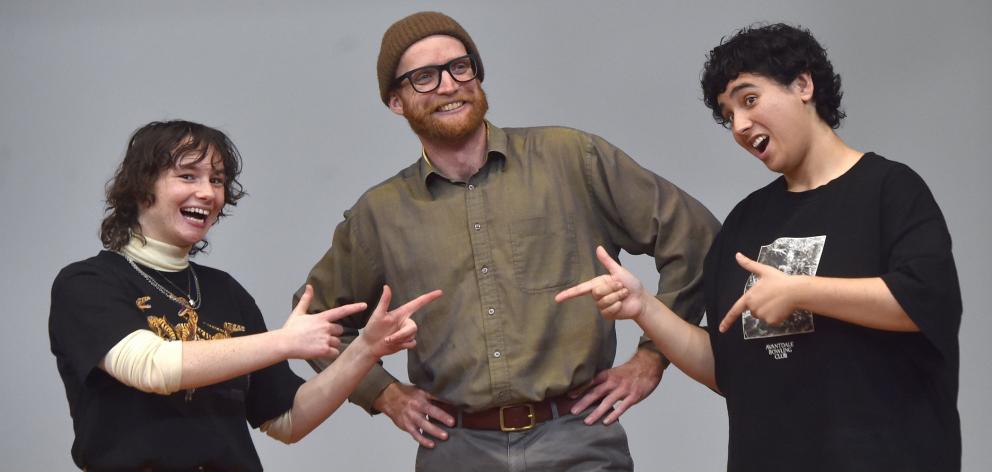
"Sahara and I started to have conversations about Māori identity and our place in te ao Māori around the time I learnt about Matariki. She is the best person for this job."
Martyn started out as an actor but during his drama studies discovered playwriting under the teaching of Amanda Faye Martin.
"Uni papers didn’t always spark joy in what I was learning, but this was undoubtedly the exception. Previously, I had always been ‘an actor only’, but Amanda’s teaching made me realise I wanted to express my own stories on the stage."
He wrote the first draft of Partially Furnished, which he describes as an "angsty anti-romance" play set in Studentville, Dunedin.
Martyn then got accepted for Ōtepoti Theatre Lab’s playwright programme in 2019, which provided him with mentorship from screenwriter and comedian Duncan Sarkies and advice and support from producer HJ Kilkelly.
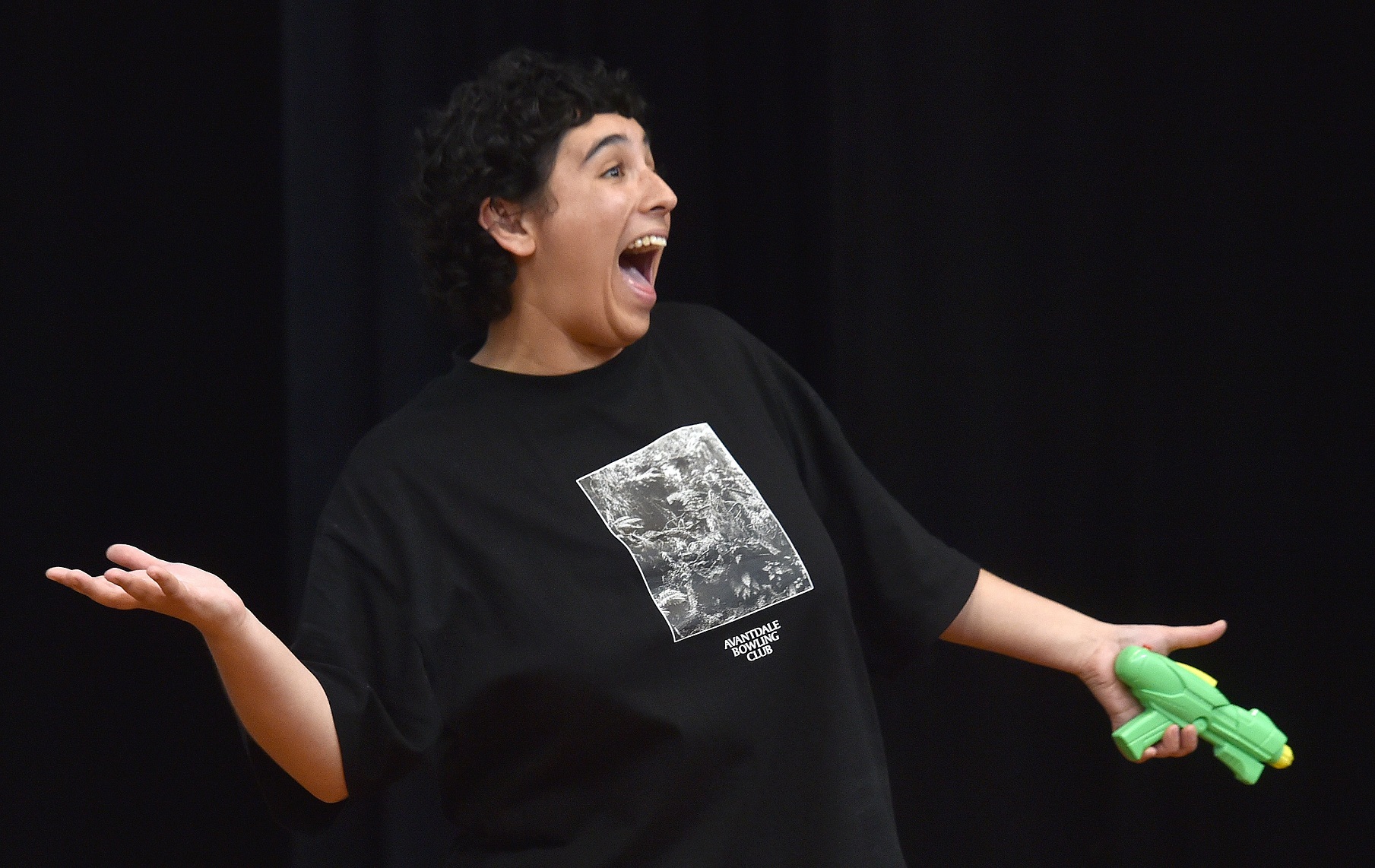
"Ōtepoti’s theatre scene took me from writing my very first words for a play to producing them. Duncan, HJ and Emily Duncan played pivotal roles in my growth as a theatre practitioner. It’s hard to quantify the immense value of having people workshop your scripts until it’s happened to yours."
That experience inspired him further and he left Dunedin for Wellington to further his studies, completing a master’s of creative writing (script writing) at Victoria University Te Herenga Waka.
When he completed his studies he realised he still had more to write.
"I had been on a journey of rediscovering my Māori whakapapa and learning more about te ao Māori since I had taken a reo Māori paper at Otago University in 2019. Even after a year of writing plays, I still had pages and pages of thoughts and musings of how awkward and difficult it had felt to step into that world, and the beautiful blessings it had brought me to do so."
Those thoughts and musings came together in an autobiographical solo show, He Māori?, about his journey, that was awarded the New Playwright Award at the Wellington Theatre Awards after two sell-out seasons in Wellington and another in Palmerston North.
"I have plans to perform more seasons of the show, and I hope to bring it to Ōtepoti some day, the place where that story began."
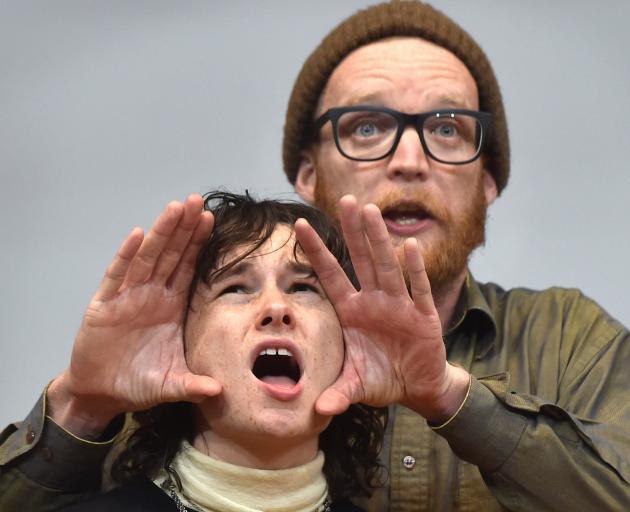
"Tawhi gave them beautiful direction and brought something wonderful out of the script with his staging. Each of them brought amazing commitment and aroha to this swift process, and nailed their performances."
Martyn is also working on another solo piece, this one only 10 minutes long, along with five other Pasifika or Māori writers, and all six 10-minute pieces will be performed in ONO at TAHI Festival this year.
While he moved to Wellington for his studies he has since become involved with Taki Rua, a Māori performing arts organisation as well as other theatre practitioners.
"I’m a big fan of the accessibility, diversity and vibrant artistic scene here in te Whanganui a Tara. It’s also where a bunch of my close friends have made their home, and it’s worth the windy days. I dealt with the cold ones in Ōtepoti."
To see
Matariki Ki Tua o Kā Whetū: Matariki of Endless Possibilities
Saturday and Sunday 2pm
University of Otago Teachers College Auditorium

